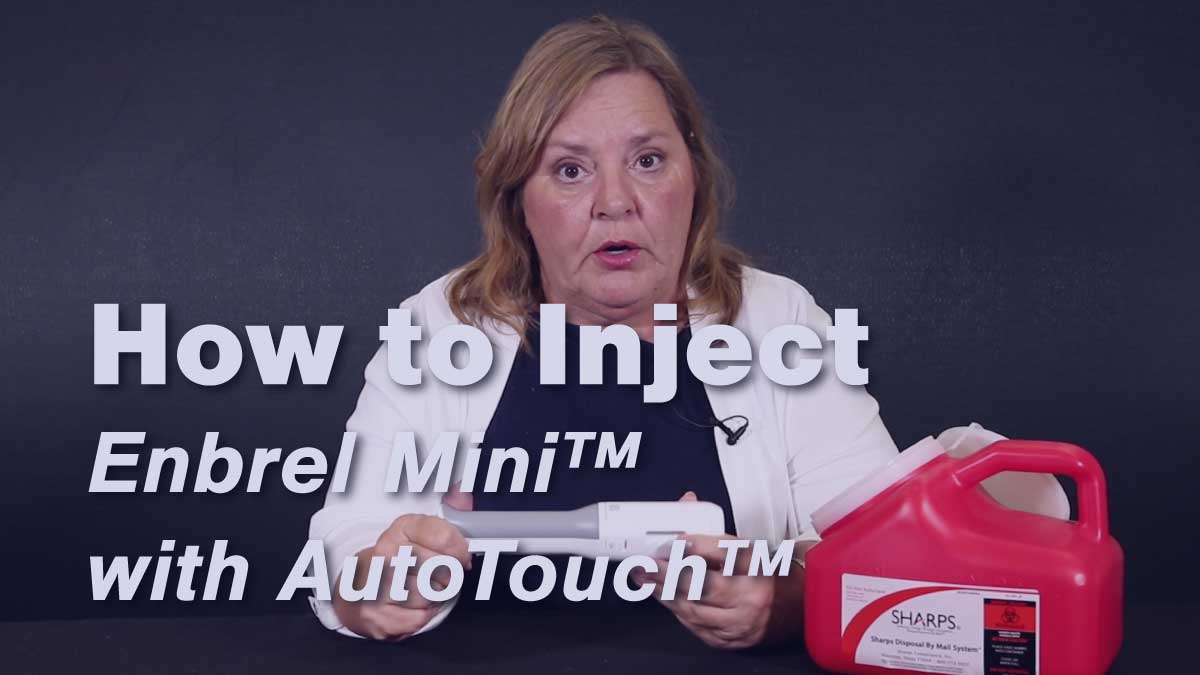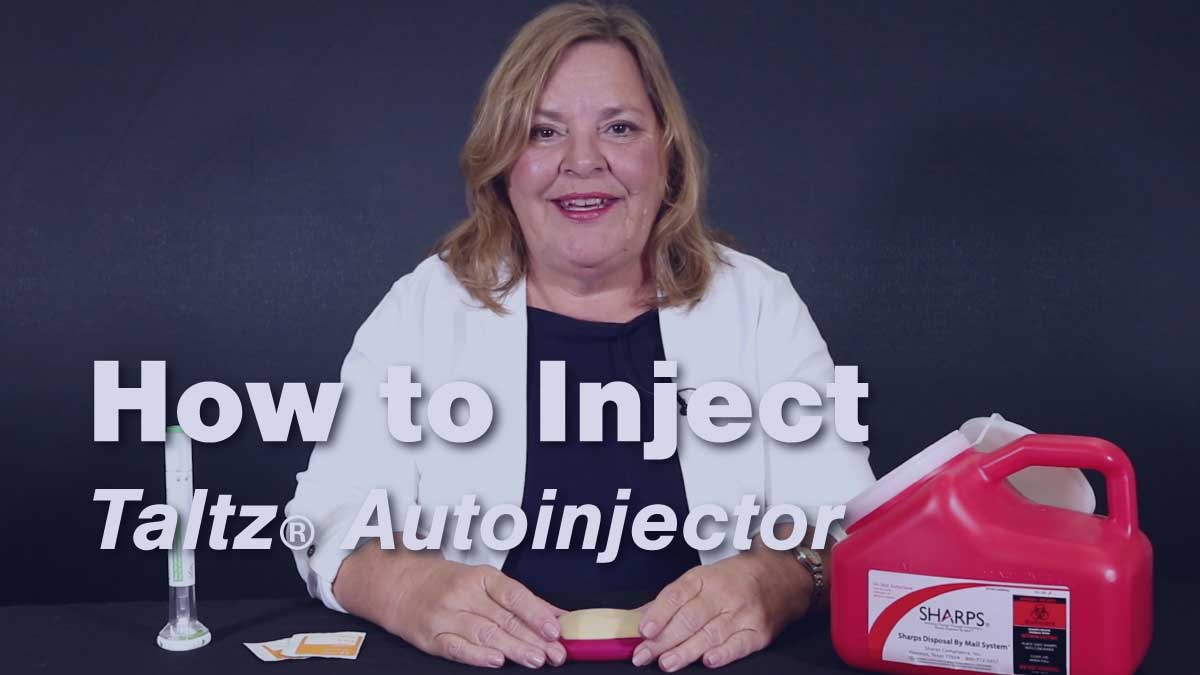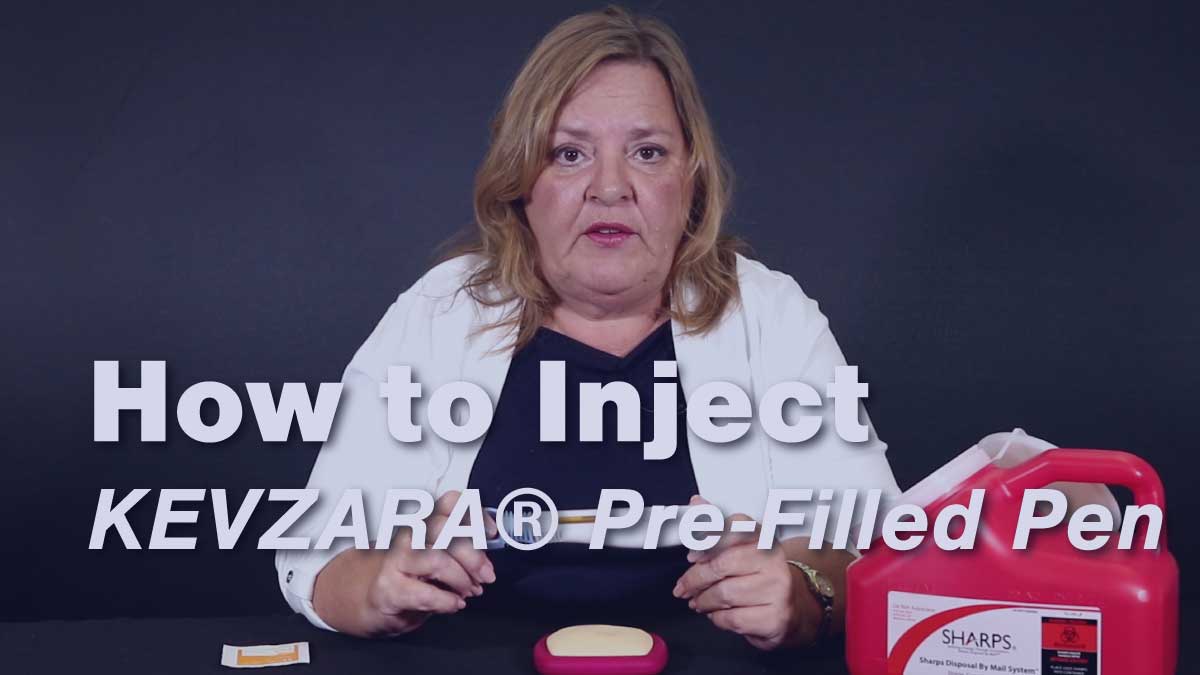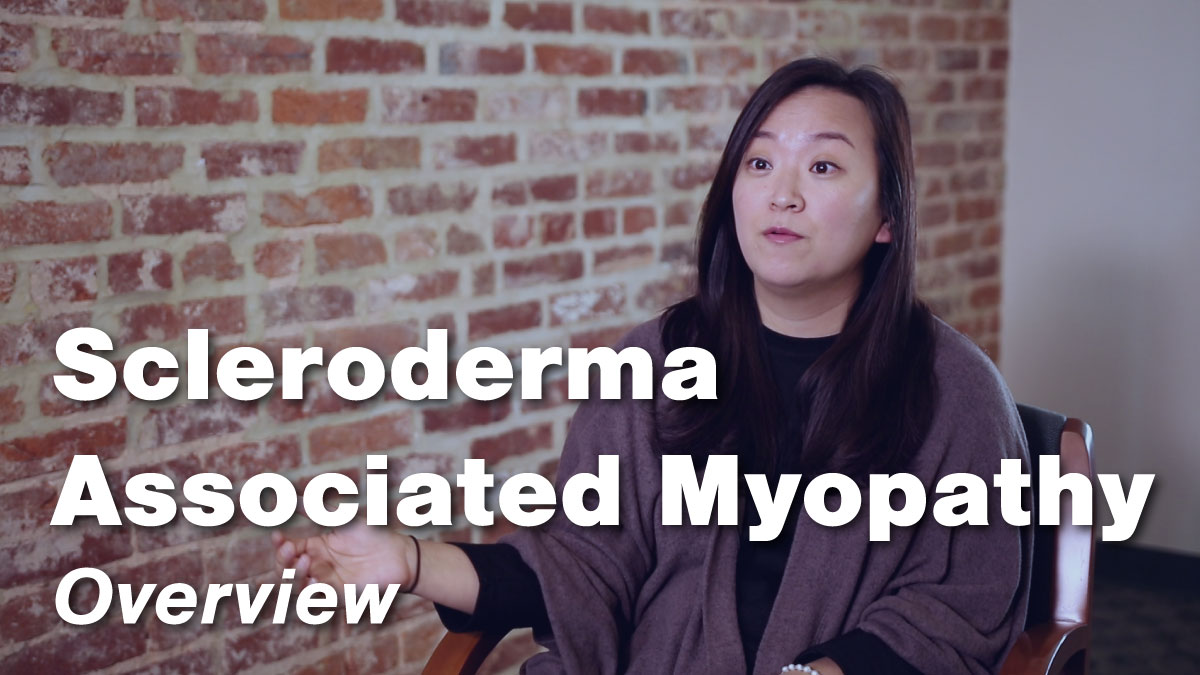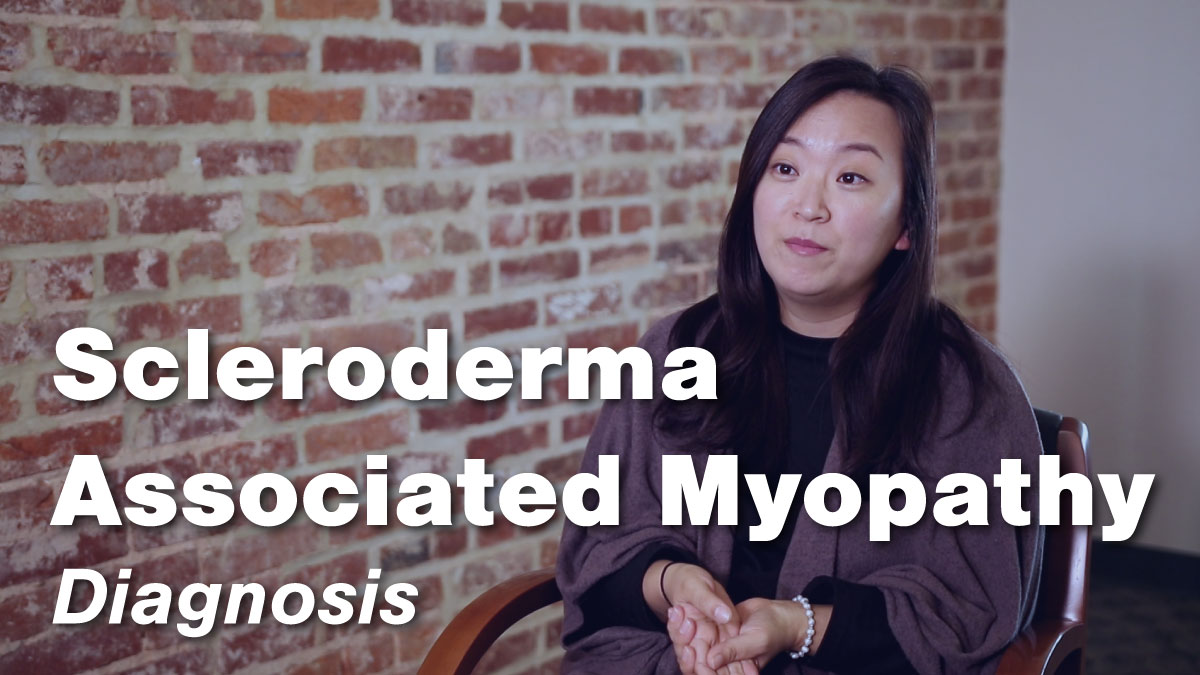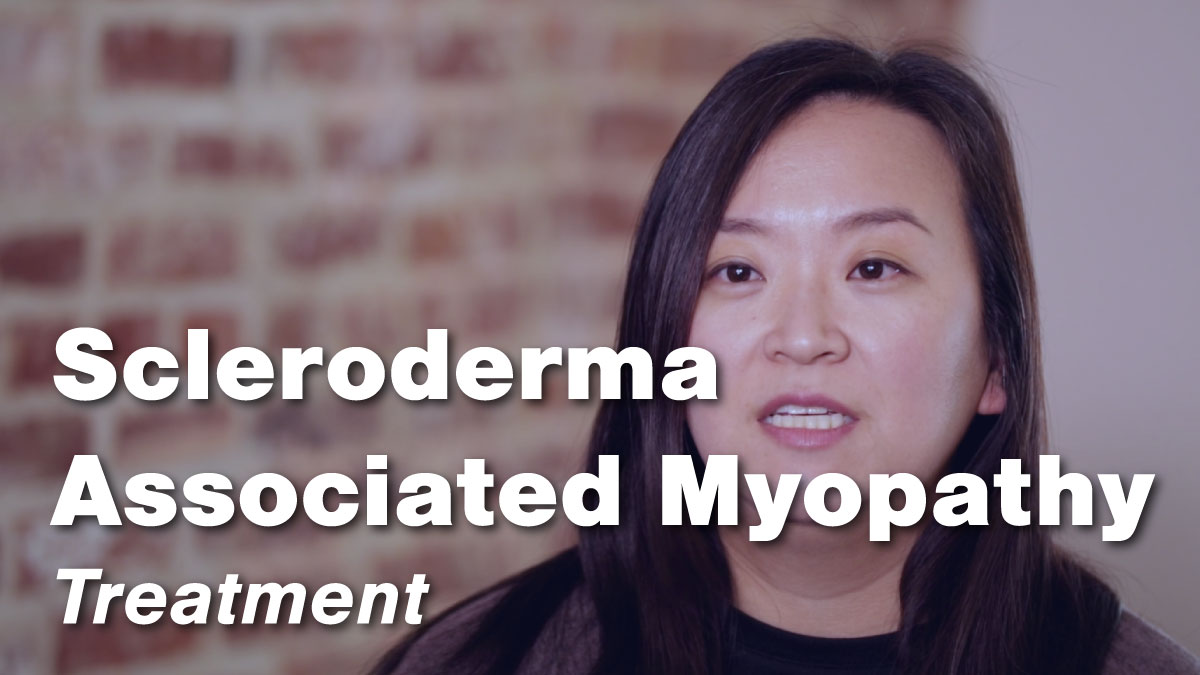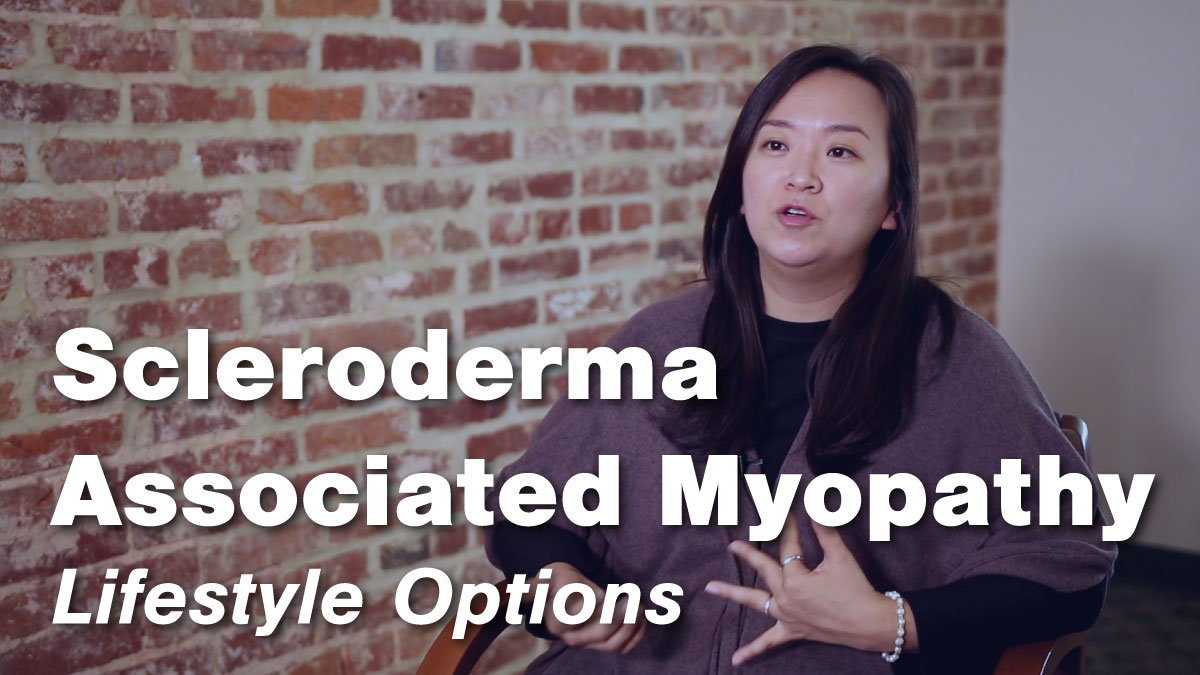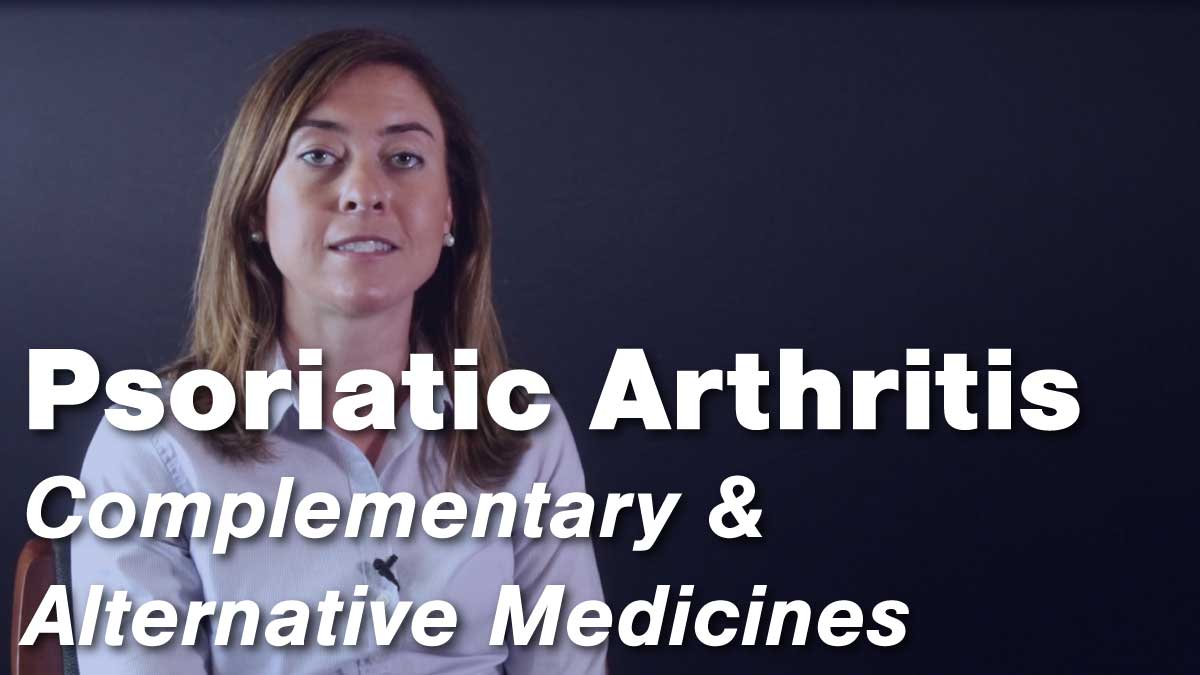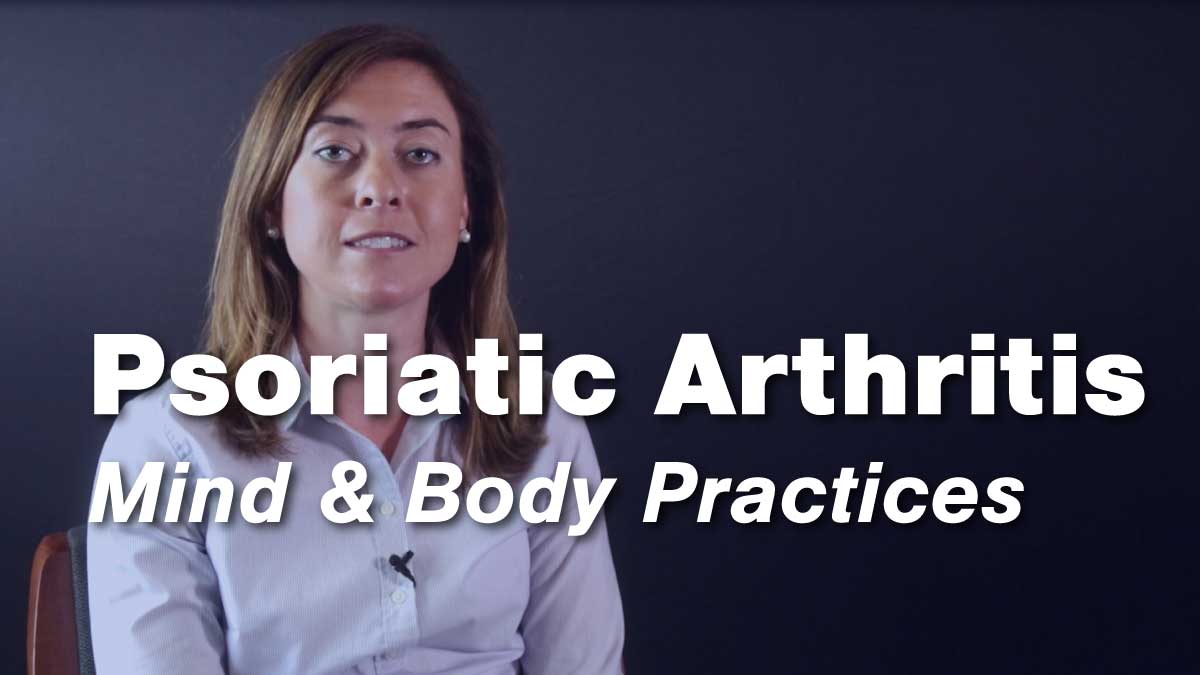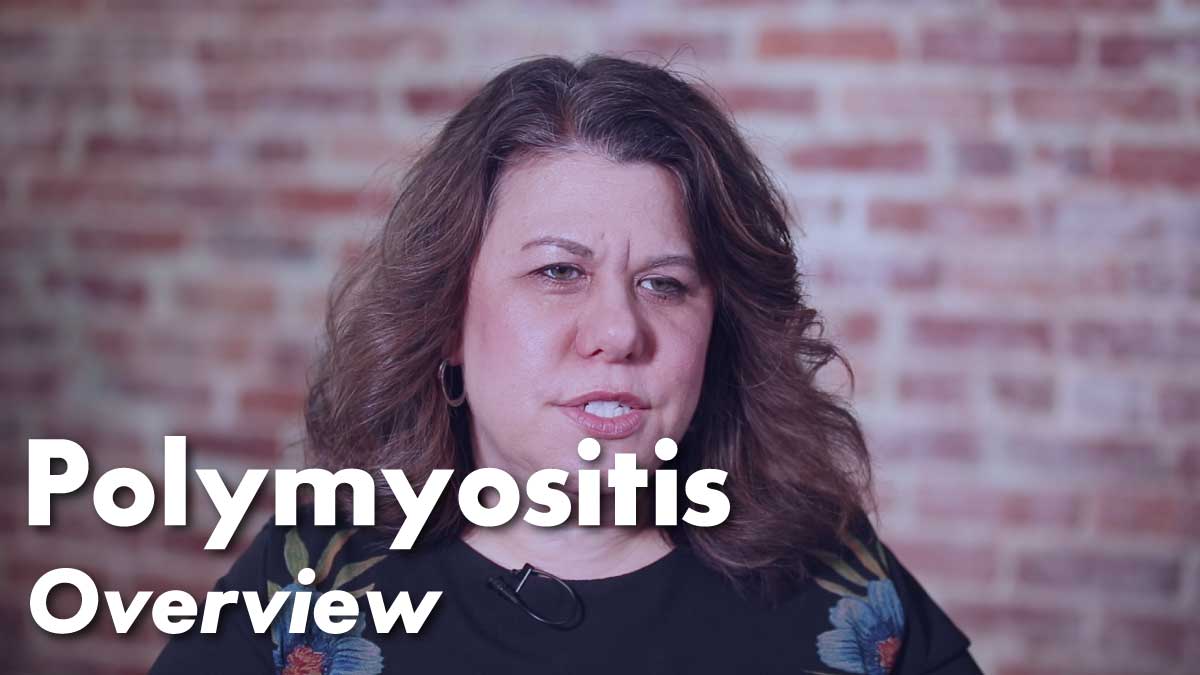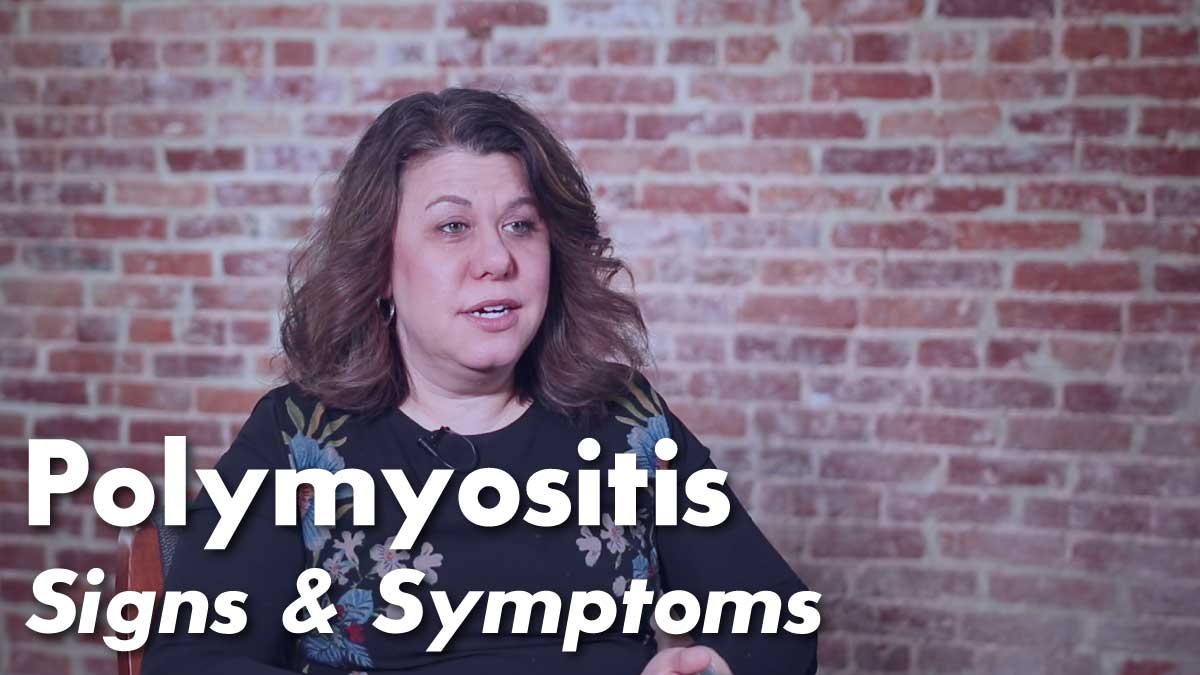
It’s very important for people who have Antisynthetase Syndrome to maintain an active and healthy lifestyle. Depending on the symptoms, it may be hard for patients to exercise without pain, so going to physical or occupational therapy can be very helpful in strengthening the muscles. In this episode, Dr. Christopher Mecoli, a physician in the Johns Hopkins Division of Rheumatology, discusses ways to stay healthy and maintain an active lifestyle with Antisynthetase Syndrome.
